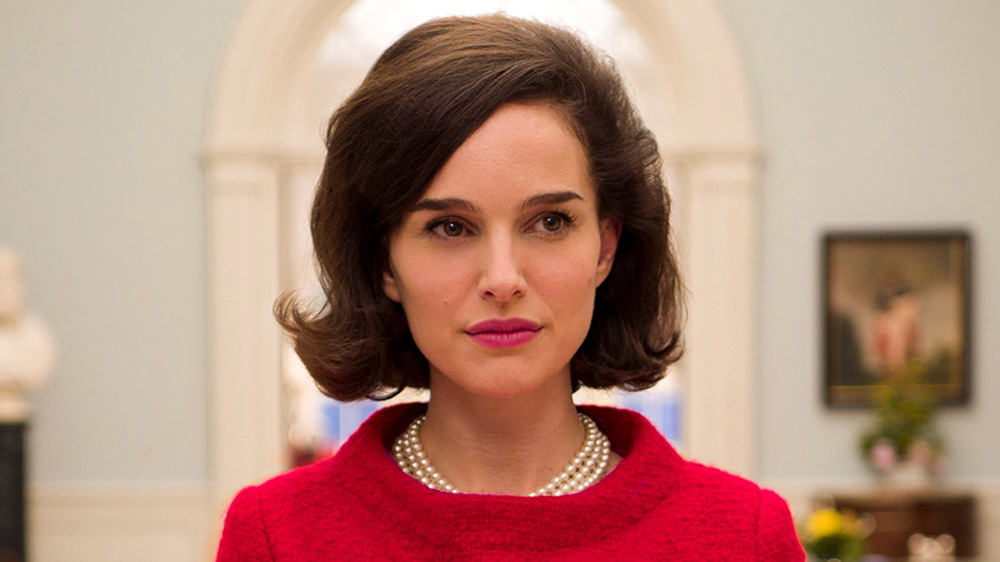
With the announcement that production has begun on Pedro Almodóvar’s first foray into English filmmaking, fans and moviegoers are waiting excitedly to see how the director, whose films have helped define Spain’s international image, will express himself in another language.
With language comes a mass of cultural context, which can sometimes seem impenetrable to outsiders. Yet many directors have been tempted to take a leap into the unfamiliar, perhaps for the opportunity to work with a certain actor – Almodóvar was coaxed by the allure of Tilda Swinton – and the chance to reach new audiences, or because of the challenges of making films in their own countries.
In anticipation of Almodóvar’s upcoming film The Human Voice, here are ten great movies made by directors not working in their native language.
1. Family Romance LLC (2019) – Werner Herzog
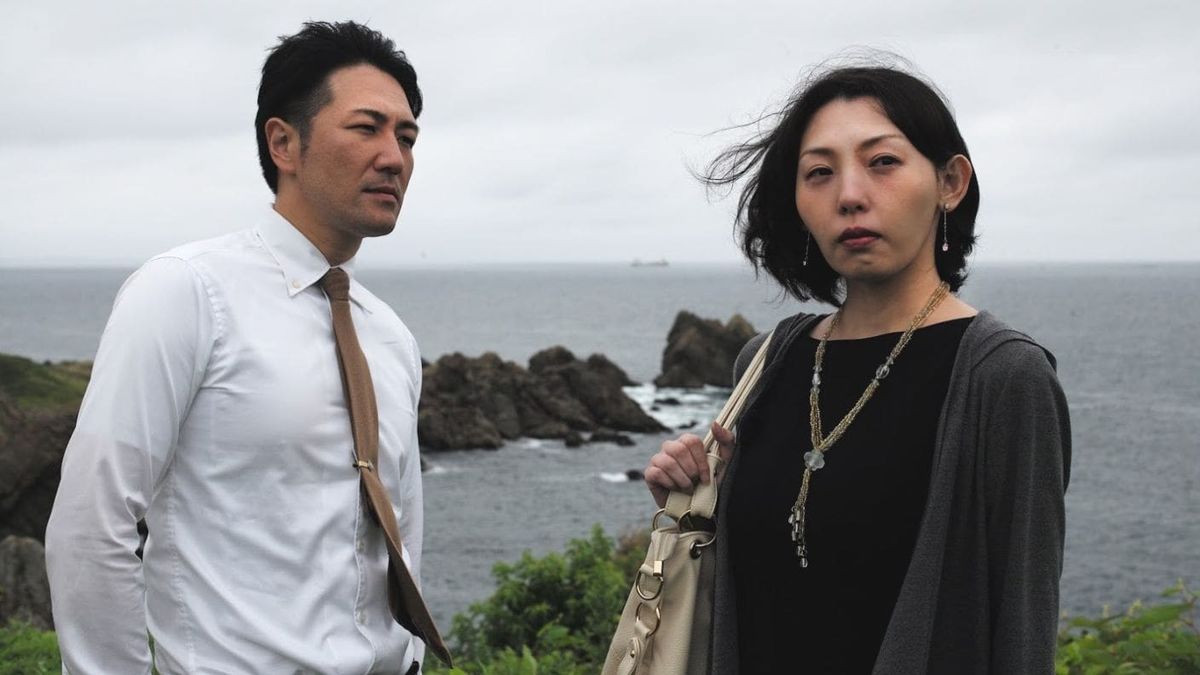
In his latest film, prolific director Werner Herzog turns his focus towards Japan’s burgeoning rent-a-relative industry. The docudrama Family Romance LLC follows a Tokyo company of the same name that provides actors to those in need of a stand in for weddings, funerals or other, more unusual occasions.
We meet Yuichi Ishii, the real-life founder of the company, tasked with pretending to be the estranged father of a shy 12-year-old girl, taking a scolding from the boss of a railway employee and helping a lottery winner relive the moment of her big win. Herzog wanted to make the film after reading an article about the company and, while he wrote the script, the interactions are based on Ishii’s actual experiences with clients.
The film doesn’t linger on questions of morality or even suggest to international viewers why such a service has become popular in Japan. There is no voiceover or explanatory title sequence and, as such, at times the film provides more questions than answers. Occasional, tantalising glimpses into Ishii’s feelings about his work come when he reveals to a stranger that he is nervous about being found out and considers what to do about a client who is becoming too attached. For the most part, however, the man behind the thriving company remains a mystery.
Tokyo’s beauty is undeniable throughout and Herzog films it to perfection. In his hands, what could have been a sneering gawk at a bizarre industry is instead a muted and sensitive film that encourages questions about the people in our lives and the roles we need them to play.
2. The Killing of a Sacred Deer (2017) – Yorgos Lanthimos
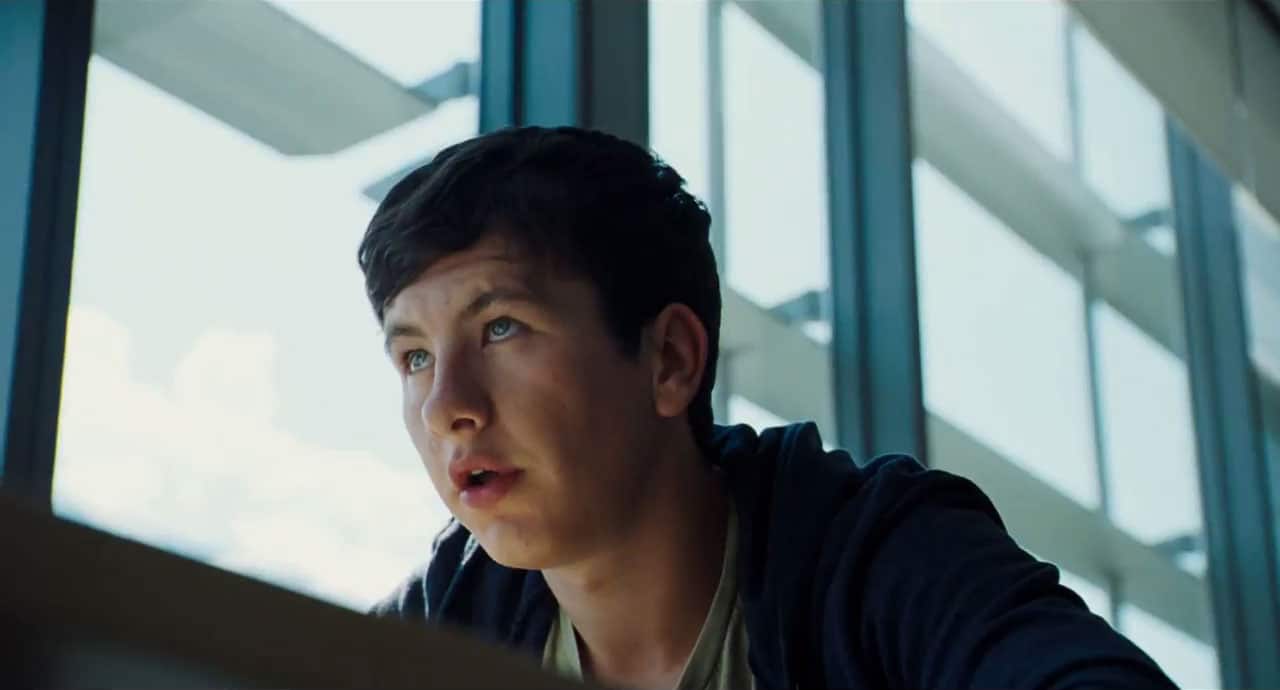
In 2015, Yorgos Lanthimos swapped making films in his native Greek for doing so in English with dystopian romance The Lobster and he hasn’t looked back since, going onto garner major plaudits for his bombastic historical drama The Favourite in 2018.
Sandwiched in between these treats is The Killing of a Sacred Deer, a thriller by turns disturbing and hilarious that centres around an unlikely friendship between heart surgeon Steven (Colin Farrell) and Martin (Barry Keoghan), a teenager whose father died on Steven’s operating table. What at first seems innocent gradually becomes uncomfortable as Martin makes increasing demands of Steven and ingratiates himself into the surgeon’s life by becoming involved with his daughter and seemingly attempting to set Steven up with his mum (a fun cameo from Alicia Silverstone). Further down the line, the discomfort bleeds into outright terror as the film descends into horror with doctors unable to cure the strange afflictions plaguing Steven’s children.
The clean almost sterile sets, both in the hospital and at Steven’s home add to the film’s sense of unease, as does the ominous music, with every element combining to suggest that beneath the outward perfection something’s not quite right here.
Farrell and Nicole Kidman (who plays Steven’s wife) are laugh-out-loud funny in their deadpan exchanges and almost robotic unflappability but it is Keoghan who dominates the film. His performance is absolutely electric as Martin moves from friendly-but-a-bit-odd territory into a stone-cold psycho bent on some Old Testament style revenge.
3. Everybody Knows (2018) – Asghar Farhadi
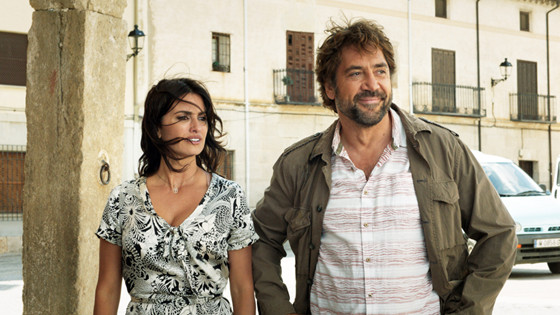
Asghar Farhadi’s films provide a window into modern life in his native Iran, a country often obscured by negative stereotypes in film and other media. His sensitive portrayals of family and married life have brought the director international acclaim and seen him take home an Oscar for Best International Feature Film in 2012 and 2017 for A Separation and The Salesman respectively.
But Farhadi has been known to turn his auteur’s eye elsewhere, making his French-language debut in 2013 with The Past, which follows an Iranian man as he arrives in France to finalise his divorce. That same year, Farhadi approached Javier Bardem and Penélope Cruz about making a film in Spain. Five years later, they headed to a village outside Madrid to shoot the drama Everybody Knows.
In the film, Laura (Cruz) travels home for her sister’s wedding but as guests dance and drink the night away, Laura’s daughter Irene goes missing. It soon emerges that Irene (Carla Campra) has been kidnapped and, with her husband at home in Buenos Aires, Laura seeks help from her childhood sweetheart Paco (Bardem). Bitter rivalries begin to bubble over and long-buried secrets are unearthed as the mystery unravels.
Farhadi, who speaks some Spanish, used interpreters to make the film and has said that the experience immersed him in Spanish culture, describing it as similar to taking a holiday, albeit a challenging one.
4. Jackie (2016) – Pablo Larraín
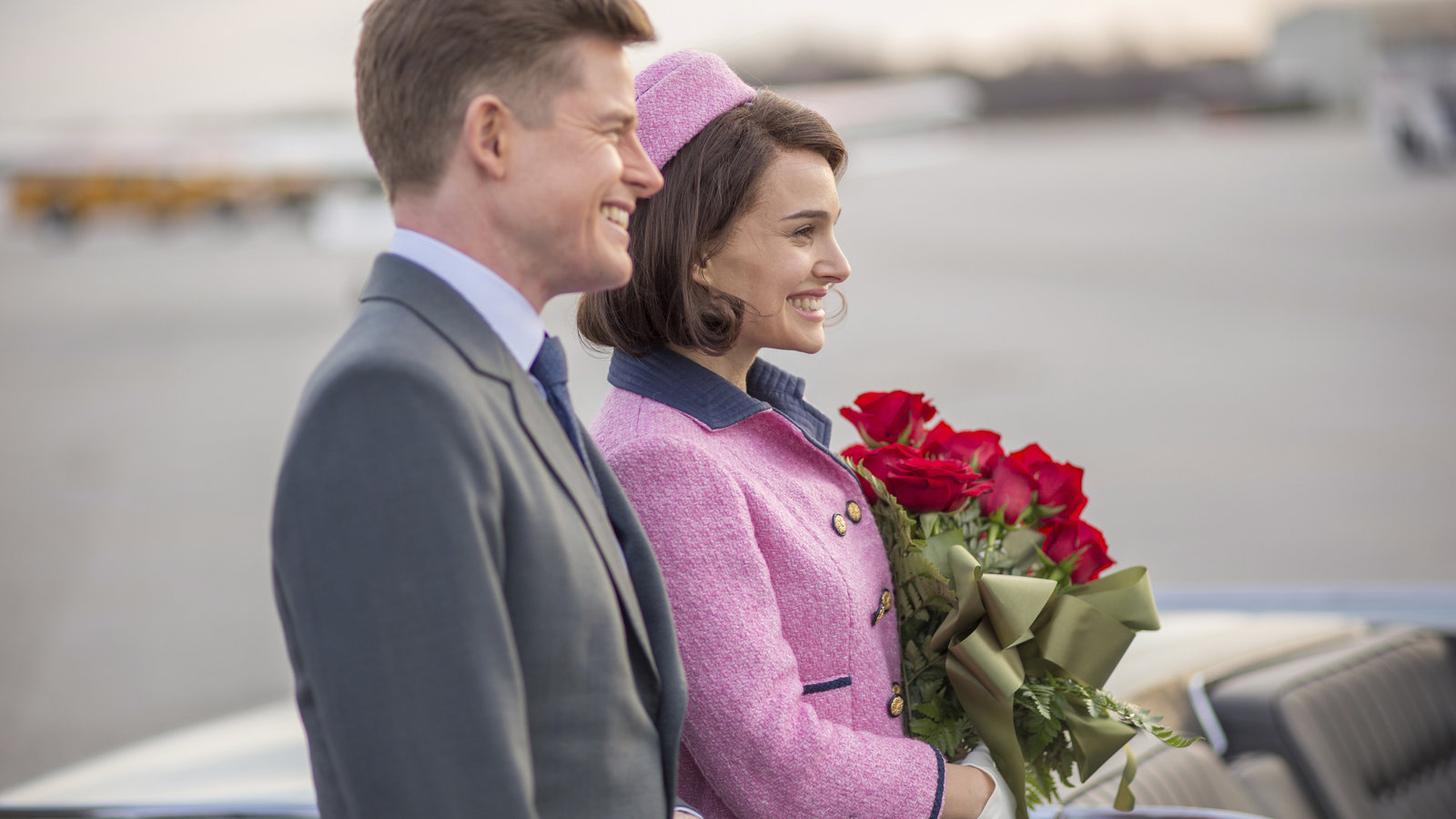
When it comes to tackling iconic figures, Pablo Larraín knows no fear. The Chilean director has taken on his country’s most famous son with Neruda (2016) and its most controversial in dictator Augusto Pinochet, whose figure stalks the boundaries of Tony Manero (2008), Post Mortem (2010) and No (2012).
In 2016, he brought his outsider’s perspective to former first lady Jacqueline Kennedy, after original director Darren Aronofsky and star Rachel Weisz dropped out of the project following their split, making way for Larraín and Natalie Portman. While Kennedy has been portrayed in numerous films and television series over the years, Jackie is distinct in placing her at the heart of the story. As with Larraín’s other biopics, the film is a snapshot in time, rather than a cradle-to-grave retelling of a life. It hones in on the days following the assassination of John F. Kennedy as Jackie attempts to organise his very public funeral while wrestling with her private grief.
There are excellent turns from a supporting cast featuring Richard E. Grant, John Hurt and Peter Sarsgaard, but it is Portman’s towering performance that stands out. As Jackie she breathes new life into a figure many feel they already know without straying into impersonation or sentimentality. Her wonderfully expressive face is childlike one moment, cold and knowing the next and framed to moving effect in close ups, which highlight just how alone Jackie is in her distress. Thousands of articles have been written about Jackie’s style but here her glamour becomes a shield from unwanted intrusion for a woman falling apart on the inside: her tailored suits are her armour, her bouffant is her helmet.
The movie succeeds in making Jackie, so often held up as a symbol of perfection, feel human, vulnerable and relatable and no doubt many will now be wondering if Larraín can repeat this feat. In 2020, he sent shockwaves through the media when it was announced that American actress Kristen Stewart was set to play Princess Diana in his upcoming film Spencer.
5. The Truth (2019) – Hirokazu Kore-eda

Some filmmakers can captivate a large international following without ever venturing outside their native language. This has been the case for Japanese director Hirokazu Kore-eda, whose stories of dysfunctional families have delighted audiences at home and abroad.
With such a reputation, and fresh from his Palme d’Or win for Shoplifters (2018), Kore-eda was able to attract an enviable cast to make the French drama The Truth. The project was the first to unite French megastars Catherine Deneuve and Juliette Binoche; a pairing that ensured anticipation was high even among those who’d never heard of Kore-eda. The addition of Ethan Hawke as Binoche’s American husband added further intrigue.
In the film, aging actress Fabienne (Deneuve) is about to release her memoirs when her daughter Lumir (Binoche) and her family come for a visit. Lumir reads an author’s copy of the book and is enraged that Fabienne has apparently fabricated entire scenes of Lumir’s childhood, claimed that her father is dead (he isn’t) and – worst of all – has made no mention of Sarah, a fellow actress who was a mother figure to Lumir before killing herself.
During Lumir’s visit, Fabienne has a small part in a film that deals with a mother-daughter relationship and features an actress who reminds everyone of Sarah. Remembering Sarah and disagreements over the memoir place added strain on the relationship between the Lumir and Fabienne, with Lumir frequently mothering the disorganised, childish Fabienne, rather than the other way around.
The dynamic between Deneuve and Binoche is the stuff of movie fantasies with Deneuve essentially playing a parody of herself opposite Binoche’s practical, exasperated Lumir. Hawke is divine as the handsome, hapless husband, who doesn’t speak French and is somewhat at sea when arguments break out over dinner. A television actor, he is in awe of legendary Fabienne, despite her silliness, and so frequently fails to support his wife during spats.
The film did not receive a wide release due to the coronavirus pandemic but was met with favourable reviews, with many critics noting that Kore-eda’s film felt so French, it was difficult to believe it was made by a foreigner.